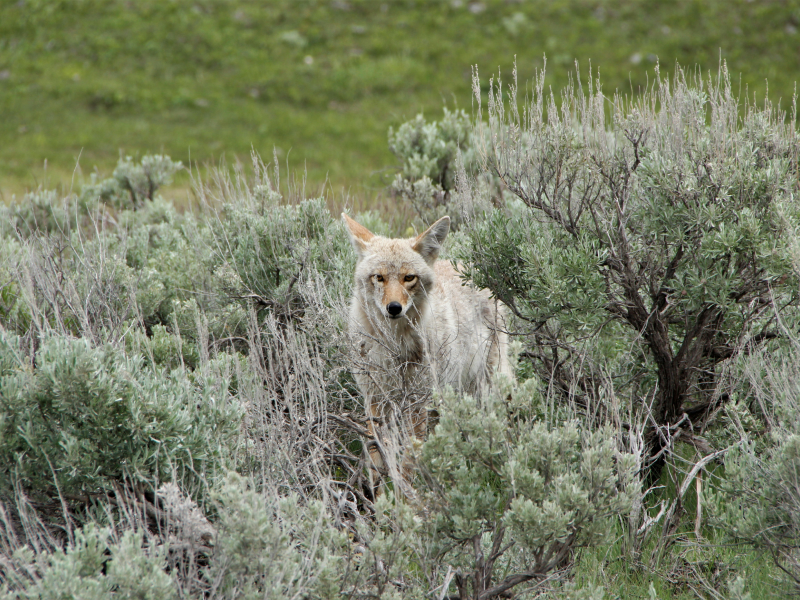Yellowstone National Park, a genuine gem of the American wilderness, beckons with its breathtaking geothermal wonders, an abundance of wildlife, and a colourful history that extends back to its creation as the first national park in the world in 1872. This natural wonder will be thoroughly examined, and topics will include its fascinating history, the subsurface Sulphur phenomenon, alluring sights, mesmerizing geysers, trip-planning advice, wildlife encounters, neighbouring airports, and lodging choices.
An Overview of Yellowstone’s Past
As varied and rich as its landscape is Yellowstone’s history. For many years, this region was venerated by Native American tribes such as the Shoshone, Bannock, and Blackfeet. The Yellowstone National Park Protection Act, which was officially passed by President Ulysses S. Grant and set a precedent for conservation efforts around the world, marked the beginning of the park’s preservation.
The Geological Wonder:
Subterranean Sulphur and Stunning Geysers
A Sulphur-related subsurface marvel is at the center of Yellowstone’s geothermal marvels. Due to the park’s location atop a super volcano, sulfur-rich geothermal characteristics can be found there. The park’s characteristic odour and colourful geological formations are caused by the oxidation of hydrogen Sulphide, which is present in the subsurface waters.
Yellowstone’s Beautiful Geysers
The geysers in Yellowstone are famed for their mesmerizing explosions that enthral tourists.
Here are some famous geysers along with information about their eruptions:
Old Faithful:
Eruption Time: Approximately every 90 minutes.
Description: Old Faithful, a park icon, lives up to its name by erupting consistently and dramatically, spewing water and steam into the air.
The Grand Geyser:
Eruption Time: Between Around 7 to 15 hours.
Description: Grand Geyser is an impressive sight to witness, frequently rising up to 200 feet during its eruptions.
Geyser Castle:
Eruption Period: Every 10–12 hours.
Description: Castle Geyser is a mesmerizing display of steam and water spurts that resembles a castle.
Organizing Your Adventure in Yellowstone
How to Prepare:
The best time to visit is from late spring to early autumn (May to September), when access is easier and the climate is cooler.
A week allows for a more leisurely investigation, but at least 3–4 days are needed to see the major sights.
Wildlife:
Yellowstone is a haven for those who love the natural world. The park is home to a wide variety of animals, including grizzly bears, wolves, bison, and elk. Visit Lamar Valley, known as the “Serengeti of North,” as soon as you can. Don’t pass it up.
Nearest Airport:
Bozeman Yellowstone International Airport is one of the nearest airports to Yellowstone, which is served by a number of them. It may take between 1.5 and 2 hours to go from Bozeman to the park.
Accommodation:
Accommodations within the Park:
Canyon Lodge and Cabins
Old Faithful Inn
Lake Yellowstone Hotel
Close to the park’s entrances:
West Yellowstone, Montana:
Offering a variety of hotel alternatives, close to the West Entrance.
Gardiner Montana:
Near the North Entrance, offers lodging and convenient access to Mammoth Hot Springs.
Yellowstone Park Map
From the depths of its geothermal characteristics to the heights of its rocky topography, Yellowstone National Park is a veritable treasure trove of natural marvels. Plan your route properly and give yourself enough of time to explore this amazing park’s wonders. Be ready to see the symphony of nature, where geysers dance and animals roams freely, creating a picture of pure wildness. A once-in-a-lifetime adventure awaits in Yellowstone.





